T4K3.news
Gaza journalists endure hunger and danger in tents
Palestinian reporters describe living and working in tents around hospitals as war continues, with hunger, danger and access limits affecting coverage.

Palestinian reporters in Gaza describe life in tents around hospitals, facing hunger, threats and restricted access while covering the war.
Gaza journalists endure hunger and danger in tents
BBC reporting from Gaza shows journalists living and working in tents around hospitals after nearly two years of war. Power is scarce and hospitals rely on generators to keep phones and equipment charged, while reporters use higher points to gain better mobile reception. The environment is unsafe, and hospital strikes have killed several journalists, including five killed in a double strike on Nasser hospital in Khan Younis.
International media rely on local reporters to cover Gaza because Israeli authorities rarely allow field access for foreign journalists. The death toll for media workers is rising, with CPJ counting 197 journalists and media workers killed since the conflict began on 7 October 2023, most of them Palestinians inside Gaza. Some reporters say they feel targeted by Israeli forces, a fear that persists even as demand for news stays strong. Many work on short term contracts, with uneven protective gear, insurance, and resources across outlets. The living conditions are dire and hunger among journalists mirrors the food insecurity facing the population, with professionals describing how meals can be basic, and fatigue and headaches common from hunger while they press on with coverage.
Key Takeaways
"In front of the camera, I have to be highly focused, mentally alert, and quick-witted despite the exhaustion."
Abdullah Miqdad on staying sharp while reporting under stress
"We suffer from severe headaches and fatigue, unable to walk from the sheer hunger, but we still carry on with our work."
Ahmed Jalal on hunger affecting reporters
"The war has changed our psyches and personalities. We will need a long period of healing to return to who we were before 7 October 2023."
Ghada Al-Kurd on long-term impact on reporters
"Every journalist in the world has the right to enjoy international protection."
Ghada Al-Kurd on protection for reporters
The piece highlights how press coverage in Gaza is shaped by danger, access limits, and unstable employment. Relying on local reporters keeps coverage alive but raises questions about safety protections and long term sustainability of reporting in a war zone. The conditions described imply that journalism here is not just about getting the story out, but about preserving the ability to report under continuous threat and displacement. The broader implication is a chilling look at press freedom when a conflict makes journalists both targets and refugees of the information ecosystem.
Beyond the frontline, the reporting process reveals a humanitarian crisis under a different lens: the fatigue, hunger and psychological strain on reporters influence what is told and how stories are framed. This raises a need for stronger support from media organizations and international bodies to safeguard reporters and ensure independent coverage hears the full range of Gaza’s realities, not just the most dramatic moments.
Highlights
- In front of the camera, I have to be highly focused, mentally alert, and quick-witted despite the exhaustion.
- We suffer from severe headaches and fatigue, unable to walk from the sheer hunger, but we still carry on with our work.
- The war has changed our psyches and personalities. We will need a long period of healing to return to who we were before 7 October 2023.
- We are in a constant state of shock.
Political and humanitarian risk in Gaza reporting
The article discusses ongoing conflict, targeted reporting, and restricted access which can trigger political backlash and safety concerns for journalists.
The resilience of Gaza’s reporters keeps the world informed, even as their own safety and wellbeing hang in the balance.
Enjoyed this? Let your friends know!
Related News
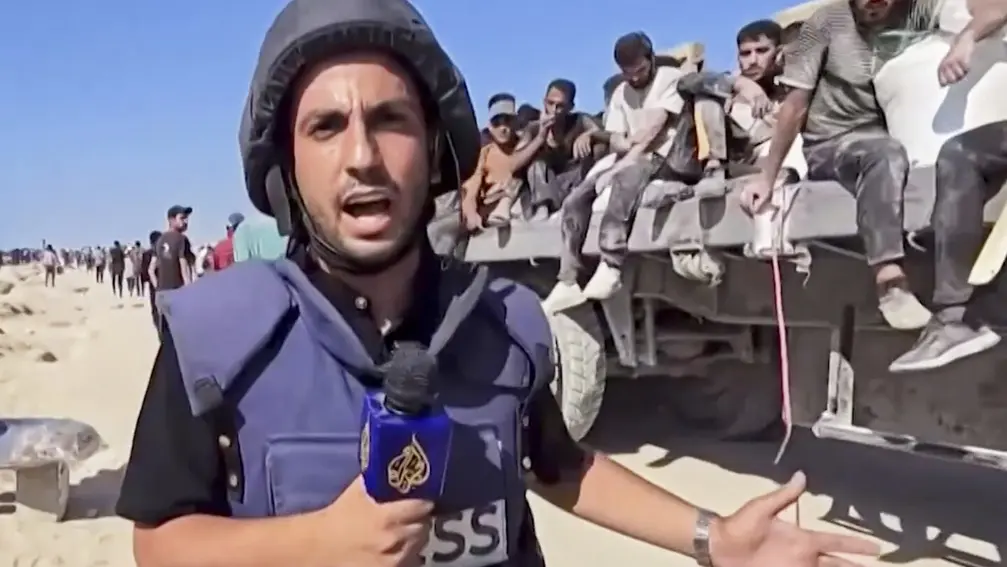
Journalists face deadly danger in Gaza
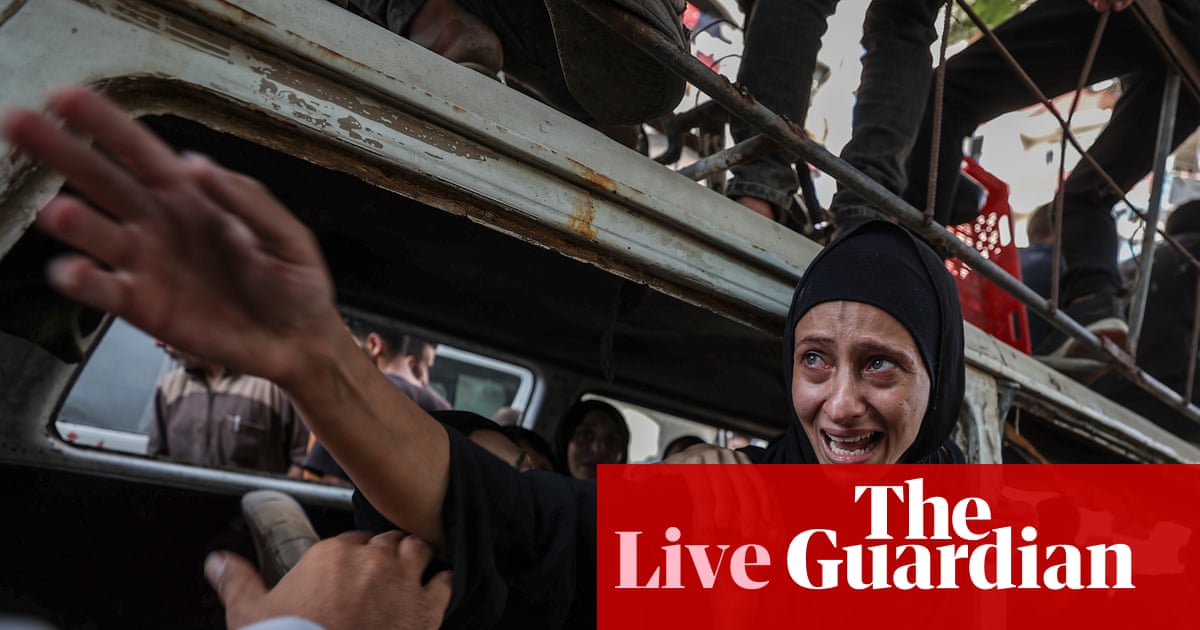
UN warns of dire hunger crisis in Gaza
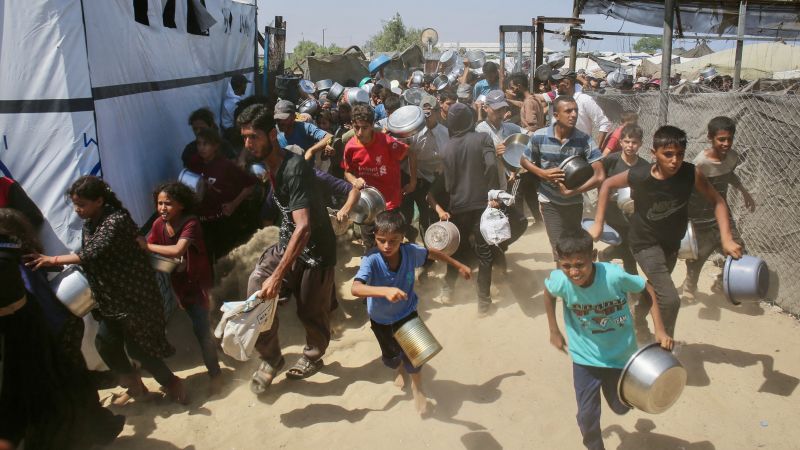
Humanitarian workers and journalists face starvation in Gaza
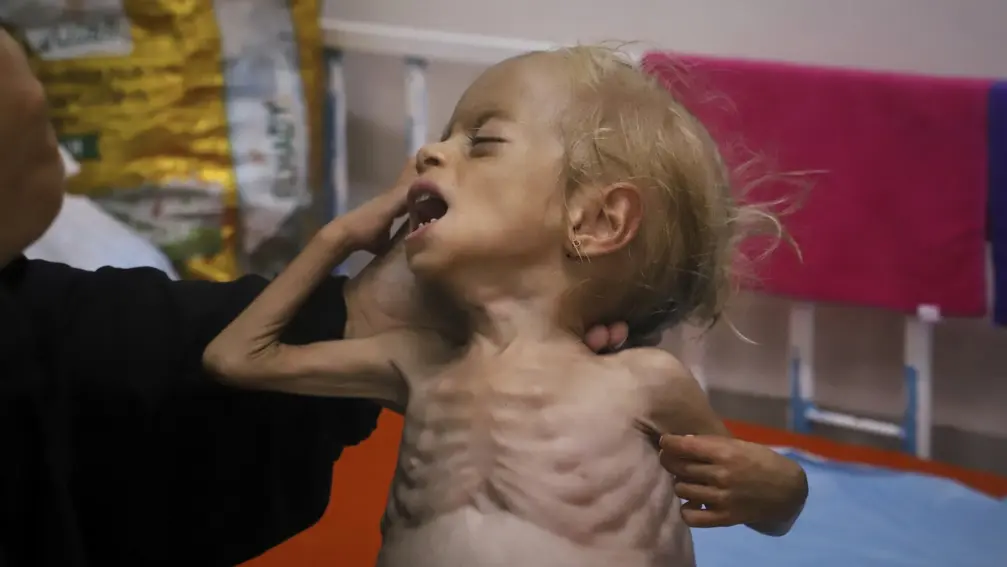
Hunger debate grows as Gaza malnutrition rises
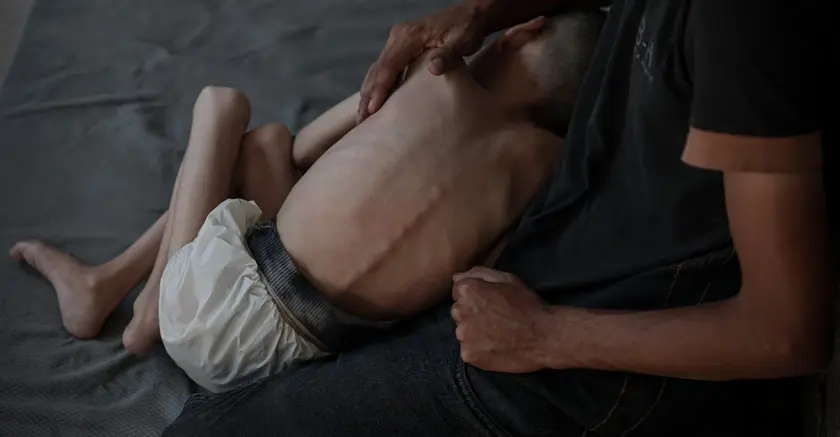
Hunger Crisis Deepens in Gaza
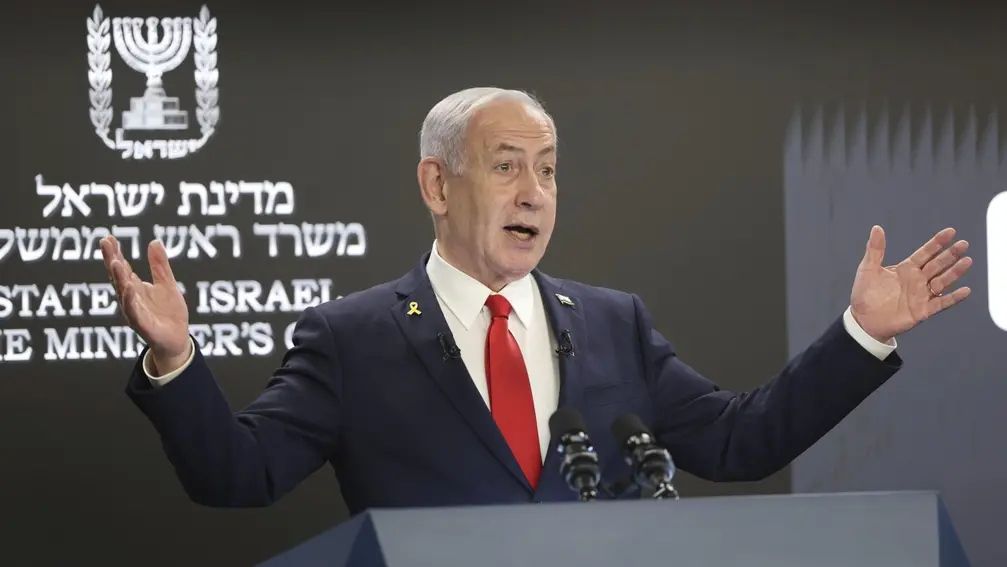
Gaza offensive defended by Netanyahu
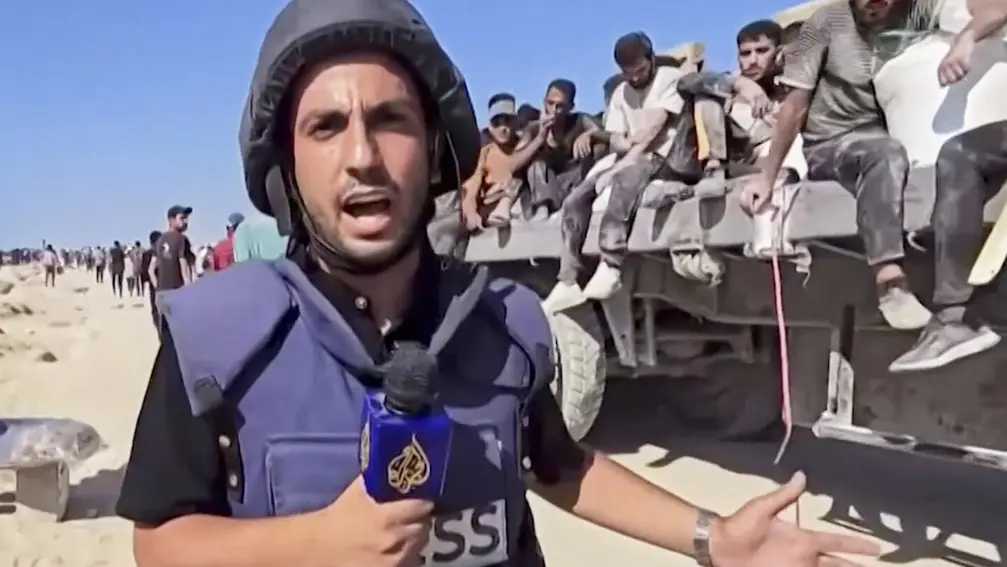
Journalist deaths in Gaza
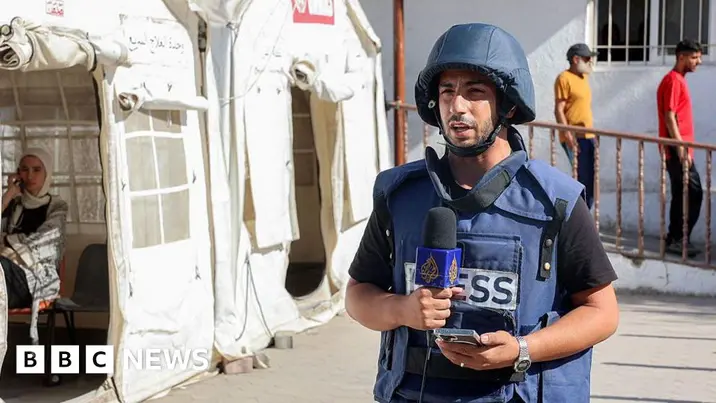
Gaza journalist killed in media tent strike
